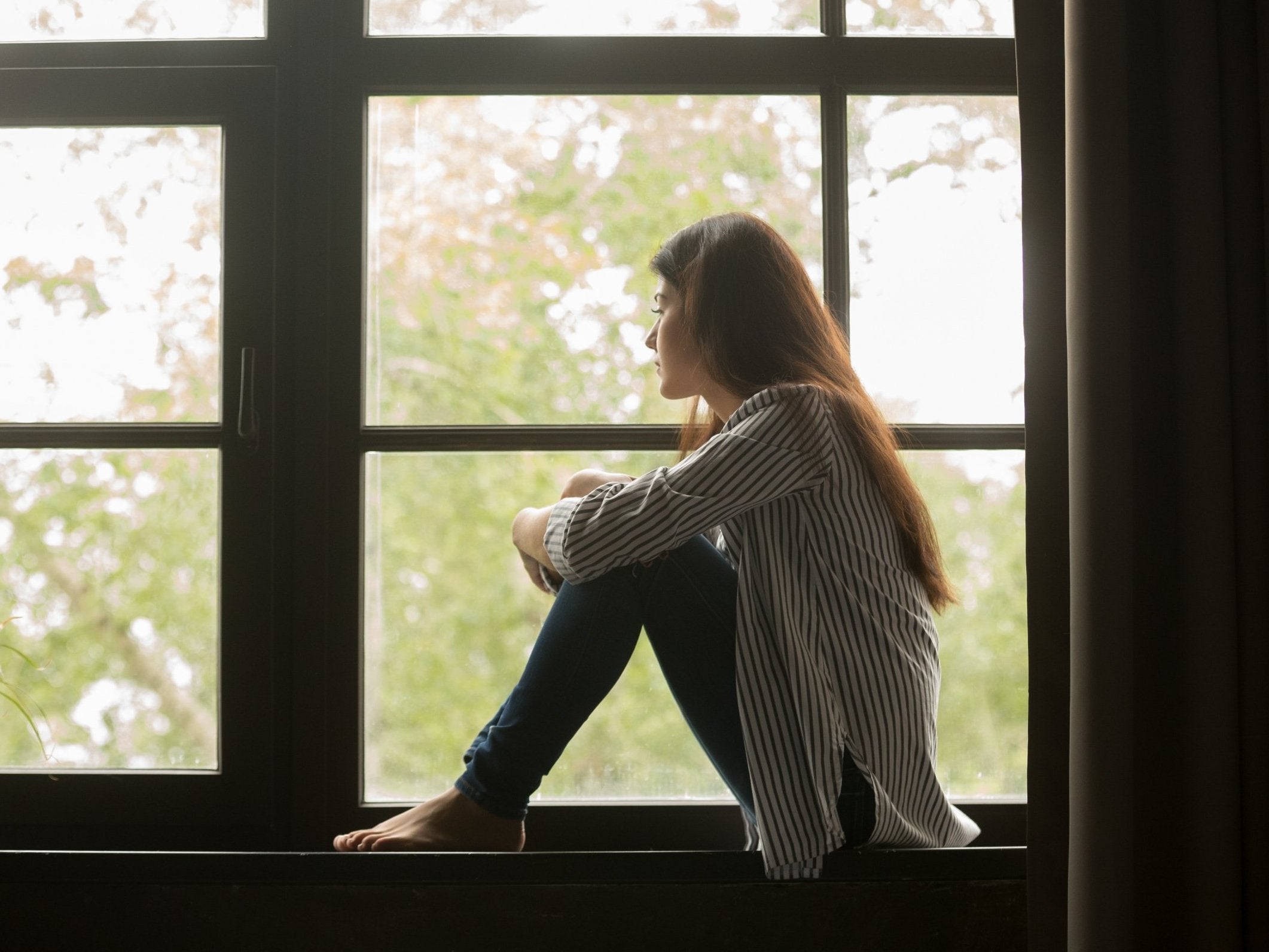Young people feel more lonely than older generations, study suggests
One in four 18 to 30-year-olds report feeling isolated compared to one in 10 older people, according to research by Young Women’s Trust

Your support helps us to tell the story
From reproductive rights to climate change to Big Tech, The Independent is on the ground when the story is developing. Whether it's investigating the financials of Elon Musk's pro-Trump PAC or producing our latest documentary, 'The A Word', which shines a light on the American women fighting for reproductive rights, we know how important it is to parse out the facts from the messaging.
At such a critical moment in US history, we need reporters on the ground. Your donation allows us to keep sending journalists to speak to both sides of the story.
The Independent is trusted by Americans across the entire political spectrum. And unlike many other quality news outlets, we choose not to lock Americans out of our reporting and analysis with paywalls. We believe quality journalism should be available to everyone, paid for by those who can afford it.
Your support makes all the difference.Young people feel more lonely than those in later life, with one in four 18 to 30-year-olds saying they feel isolated, according to a new report.
A survey conducted by the Young Women’s Trust of more than 4,000 young people and 1,100 aged between 54 and 72 showed that the figure stood at one in 10 for people aged 64 to 72.
The charity, which supports young women on low or no pay, said its research indicated that young women felt most lonely.
Yorkshire and the Humber emerged as the loneliest region for young people, with 29 per cent, followed by 27 per cent in London. Young people in Wales feel the least lonely, at 20 per cent.
Among the reasons for loneliness could be a lack of close relationships, with one in five in the charity’s survey saying they feel like they have no one to turn to.
The Office for National Statistics earlier this year found that “younger renters with little trust and sense of belonging to their area” were particularly at risk of isolation.
Young Women’s Trust’s chief executive Dr Carole Easton said: “We cannot ignore the epidemic of loneliness among young people, and especially young women, in the UK.
“Feeling isolated can have a bad impact on young women’s confidence and their mental health.
“Combined with a lack of networks, this can make it harder to look for jobs and can lead to young women being shut out of the labour market.
“As well as investment in community and mental health services, more support is needed for young women who want to work.
“This could include mentoring to help ease women’s move back into education or employment. Tackling loneliness would benefit individuals, businesses and the economy.”
It comes after a separate study found that the majority of adults in the UK who experience loneliness are afraid that no one will notice if something bad happens to them.
The research, published by the British Red Cross in November, found that approximately 9 million people in the UK said they often felt lonely, with many struggling to make lasting, social connections with others.
Join our commenting forum
Join thought-provoking conversations, follow other Independent readers and see their replies
Comments